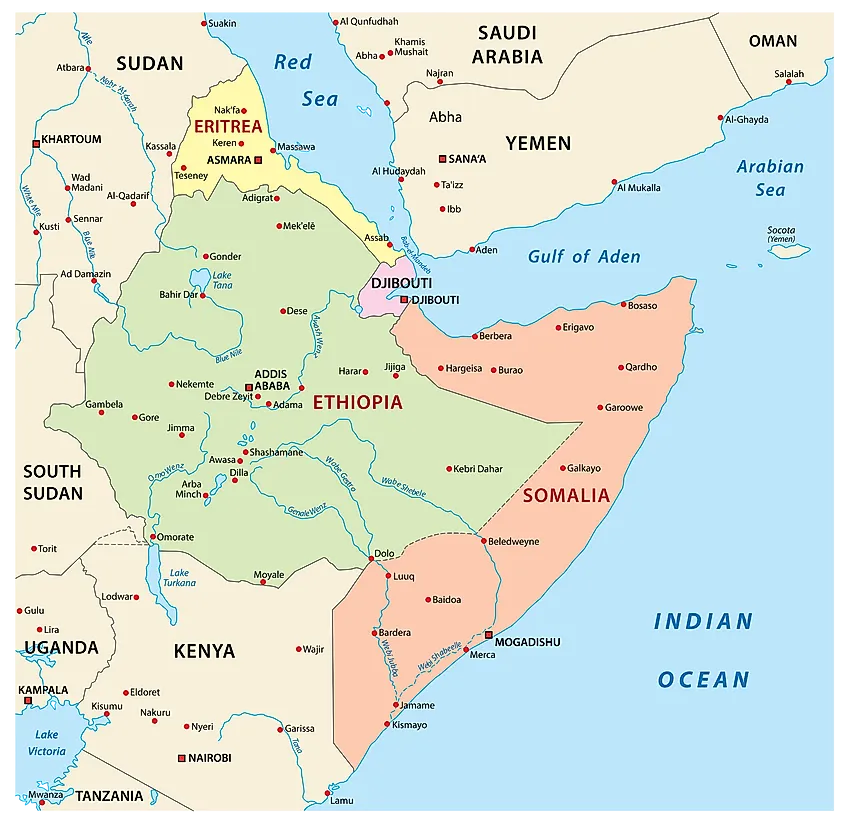High School Honors Hispanic Heritage
November 1, 2022
According to Pew Research Center, 19% of the American population come from Hispanic descent. Hispanics have contributed to American life since the American Revolution.
In 1968, President Lyndon Johnson paid homage to the contributions made by people from the Hispanic community, by creating National Hispanic Week. Then in 1988, under President R Regan the week was extended into a 30-day-period and National Hispanic Heritage Month was set as a law.
The national holiday was recently celebrated this year from Sept. 15-Oct 15. The month was created as a way to acknowledge culture, history, traditions, values and contributions made by Hispanic people in both the U.S. and Latin countries.
The month also serves as a way to honor the efforts that it took for Hispanic families to travel to the U.S. in search of a better future.
The starting date of the month is significant to many Latin American countries because Sept. 15 is Costa Rica, El Salvador, Guatemala, Honduras, and Nicaragua’s independence day. A few other hispanic holidays also fall into the month like Dia de la Raza, or Columbus Day on Oct. 12.
Dia de la Raza is celebrated to recognize the fusion between indigenous people and Spanish conquers. It is a way to celebrate the heritage, culture, tradition, and colonization of Latin American Countries.
According to U.S. News and World Report, about 10% of the students at South come from hispanic descent. South honored Hispanic Culture this year by including facts about Hispanic heritage in the daily announcements.
Some of the facts included in the announcements were, Puerto Rico, which means “rich port”, is a U.S. territory and island in the Caribbean Sea and the meaning of Spanish words such as, “Bienvenidos!”, which means “Welcome” in Spanish.
Some ways The Boys and Girls Clubs of America recommends to honor the contributions made by Hispanic/Latinx people are watching a movie that highlights Latino and Hispanic culture, learning about Hispanic traditions, or reading a book written by a Hispanic author.





